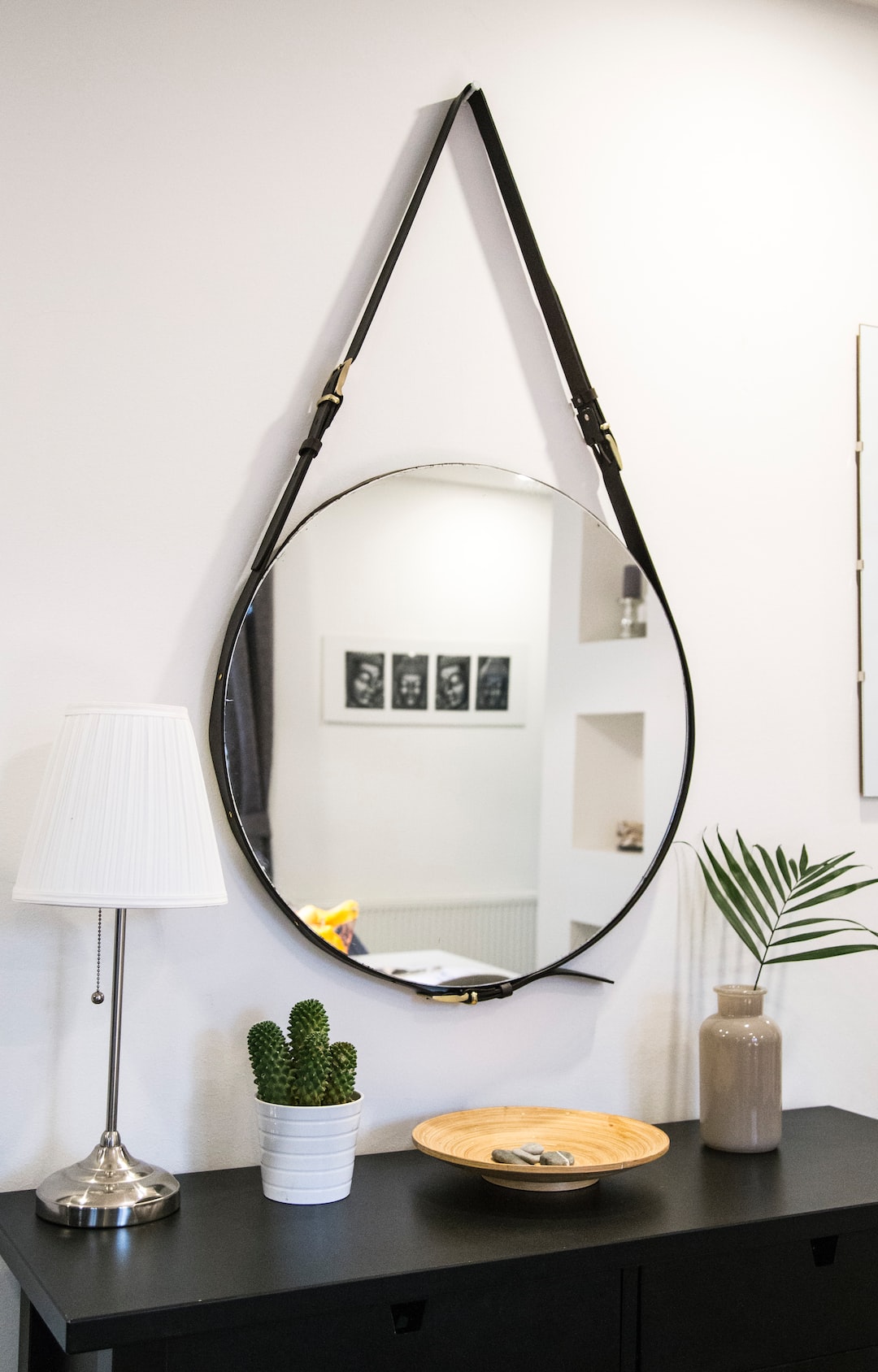Energy efficiency plays a crucial role in our daily lives, not only for reducing our carbon footprint but also for cutting down on monthly utility bills. By enhancing energy efficiency in our homes, we can contribute to a sustainable future while enjoying a more comfortable living space. In this article, we will explore various tips and tricks to help you improve energy efficiency in your home renovation, with the guidance of a professional home renovation designer.
When embarking on a home renovation project, involving a home renovation designer can provide valuable insights and expertise. These professionals possess a deep understanding of design principles and can recommend energy-efficient materials and appliances. With their assistance, you can make informed decisions about energy-saving solutions suitable for your home.
One of the key aspects to consider is insulation. A well-insulated home can significantly reduce energy consumption. Depending on your climate, you may require different types and levels of insulation for optimal efficiency. A home renovation designer can help assess your home’s insulation needs and recommend appropriate upgrades.
Lighting is another area where energy efficiency can be improved. Inefficient lighting not only consumes more energy but also generates unnecessary heat, adding to your cooling costs. To enhance energy efficiency, replace traditional incandescent bulbs with energy-efficient alternatives like LED or CFL bulbs. These bulbs are not only long-lasting but also use significantly less energy.
Appliances are major energy consumers in a household. When renovating, consider upgrading to Energy Star certified appliances that are specifically designed to be energy efficient. Appliances with smart features can help optimize energy consumption based on your usage patterns. Your home renovation designer can help you evaluate the energy ratings and suggest the most suitable appliances for your needs.
Windows and doors play a significant role in maintaining energy efficiency. Installing double or triple-pane windows with low-E coatings can reduce heat transfer and drafts. Energy-efficient doors with proper weather stripping can prevent air leakage and improve insulation.
Utilizing renewable energy sources is another effective way to enhance energy efficiency. Consider integrating solar panels into your home renovation project. Solar power systems can reduce your reliance on traditional energy sources, resulting in substantial long-term savings.
Finally, consider installing a programmable thermostat in your home. This device allows you to regulate and schedule heating and cooling based on your needs, reducing energy waste when you’re not at home.
By following these tips and tricks, you can enhance energy efficiency in your home and contribute to a more sustainable future. Remember to consult a professional home renovation designer to get personalized advice and recommendations tailored to your specific needs. With their expertise, you can make informed decisions and transform your home into an energy-efficient haven.

